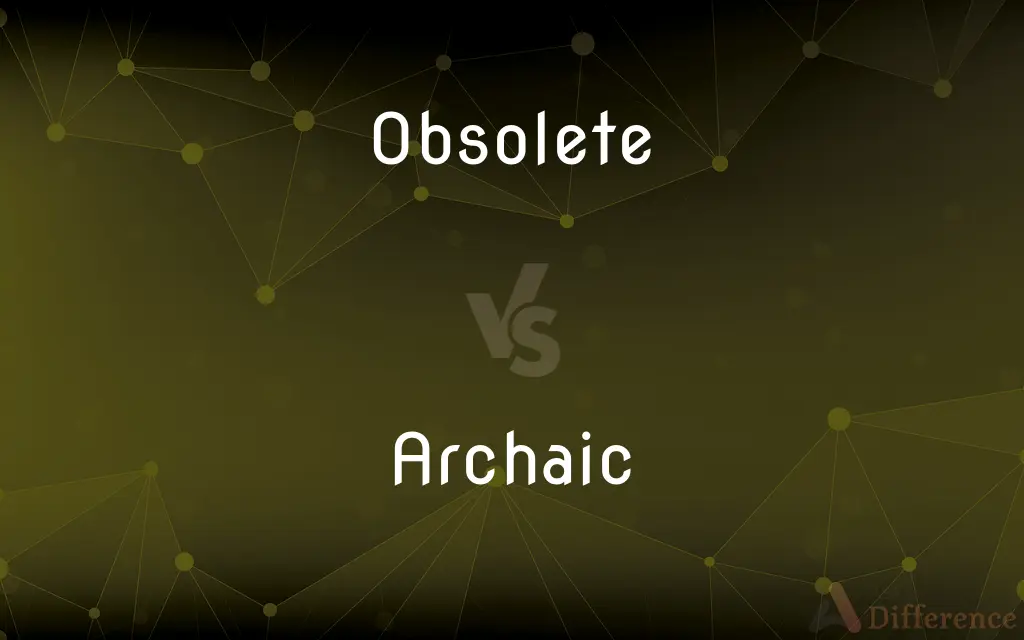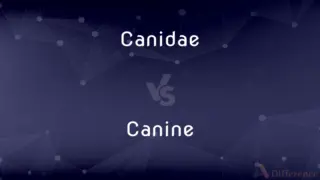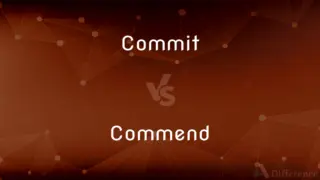Obsolete vs. Archaic — What's the Difference?

Difference Between Obsolete and Archaic
ADVERTISEMENT
Compare with Definitions
Obsolete
No longer in use
An obsolete word.
Archaic
Also Archaic Relating to, being, or characteristic of a much earlier, often more primitive period, especially one that develops into a classical stage of civilization
An archaic bronze statuette.
Archaic Greece.
Obsolete
Outmoded in design, style, or construction
An obsolete locomotive.
Archaic
No longer current or applicable; antiquated
Archaic laws.
Obsolete
(Biology) Vestigial or rudimentary, especially in comparison with related or ancestral species, as the tailbone of an ape. Used of an organ or other part of an organism.
ADVERTISEMENT
Archaic
Relating to, being, or characteristic of words and language that were once in regular use but are now relatively rare and suggestive of an earlier style or period.
Obsolete
To cause to become obsolete
"The textbook publishers use every trick known to the marketing mind to obsolete their products year after year, thus closing off the possibility of second-hand sales" (Thomas Frank).
Archaic
Relating to or being an early or premodern evolutionary form of an organism or group of organisms
Archaic vertebrates.
Obsolete
(of words, equipment, etc.) No longer in use; gone into disuse; disused or neglected (often in favour of something newer).
It is speculated that, within a few years, the Internet's speedy delivery of news worldwide will make newspapers obsolete.
Archaic
Relating to or being an early form of Homo sapiens or a closely related species, such as Neanderthal, that is anatomically distinct from modern humans.
Obsolete
(biology) Imperfectly developed; not very distinct.
Archaic
Archaic Relating to a Native American culture prevalent throughout much of North America from about 8000 BC to about 1000 BC, characterized especially by the development of Mesolithic tools and by the increased reliance on smaller game animals as the large Pleistocene mammals became extinct.
Obsolete
To cause to become obsolete.
This software component has been obsoleted.
We are in the process of obsoleting this product.
Archaic
A member of an archaic population of Homo.
Obsolete
No longer in use; gone into disuse; disused; neglected; as, an obsolete word; an obsolete statute; - applied chiefly to words, writings, or observances.
Archaic
A general term for the prehistoric period intermediate between the earliest period (‘[http://en.wikipedia.org/wiki/Paleo-Indian Paleo-Indian]’, ‘Paleo-American’, ‘American‐paleolithic’, &c.) of human presence in the Western Hemisphere, and the most recent prehistoric period (‘Woodland’, etc.).
Obsolete
Not very distinct; obscure; rudimental; imperfectly developed; abortive.
Archaic
(paleoanthropology) (A member of) an archaic variety of Homo sapiens.
Obsolete
To become obsolete; to go out of use.
Archaic
Of or characterized by antiquity; old-fashioned, quaint, antiquated.
Obsolete
Old; no longer in use or valid or fashionable;
Obsolete words
An obsolete locomotive
Outdated equipment
Superannuated laws
Out-of-date ideas
Archaic
(of words) No longer in ordinary use, though still used occasionally to give a sense of antiquity and are still likely to be understood by well-educated speakers and are found in historical texts.
Obsolete
No longer in use;
Obsolete words
Archaic
(archaeology) Belonging to the archaic period
Archaic
Of or characterized by antiquity or archaism; antiquated; obsolescent.
Archaic
So extremely old as seeming to belong to an earlier period;
A ramshackle antediluvian tenement
Antediluvian ideas
Archaic laws
Archaic
Little evolved from or characteristic of an earlier ancestral type;
Archaic forms of life
Primitive mammals
The okapi is a short-necked primitive cousin of the giraffe
Share Your Discovery

Previous Comparison
Canidae vs. Canine
Next Comparison
Commit vs. Commend













































